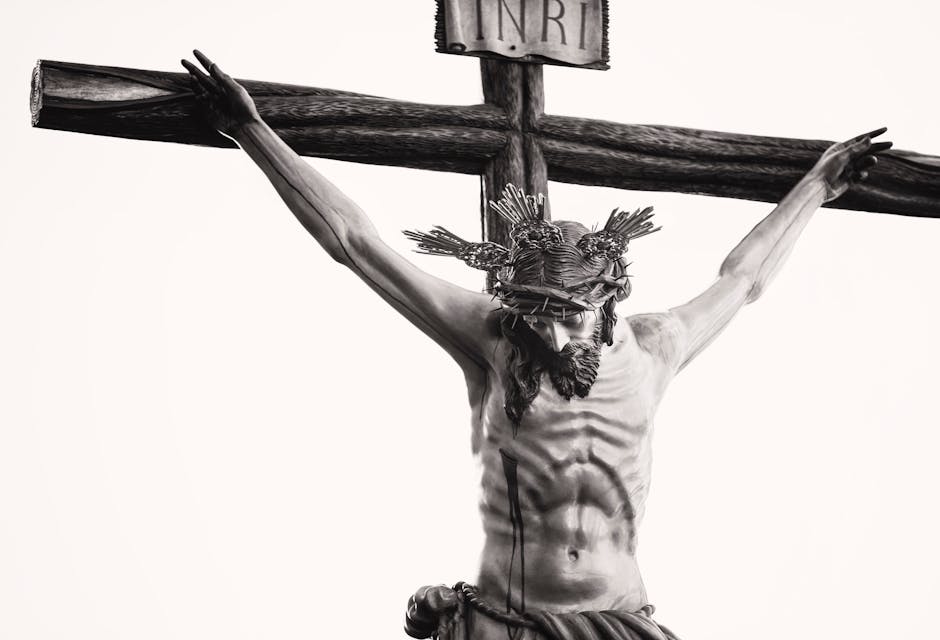A fundamental question arises when exploring spirituality: is belief in a higher power a necessary component? The relationship between spirituality and religion often conflates these concepts, leading many to assume an inherent link. However, a closer examination reveals a nuanced reality, one where spirituality’s scope extends far beyond the confines of traditional theistic beliefs. While many spiritual paths incorporate a belief in God, a divine being, or a universal consciousness, a significant number find profound meaning and connection without such a belief. Understanding this distinction is crucial for appreciating the diverse expressions of spirituality and its capacity for personal transformation.
Historically, religion and spirituality were largely intertwined. Organized religions provided the frameworks for spiritual practice, often defining specific doctrines and rituals focused on worshiping a supreme being. These faiths offered explanations for existence, instilled moral codes, and provided communities for shared belief and practice. However, modern understandings of spirituality acknowledge a broader spectrum of experiences and practices, independent of established religious institutions. This shift reflects an increasing recognition of individual autonomy in defining one’s own spiritual path.
Secular spirituality, a growing movement, exemplifies this departure from theistic frameworks. Secular spiritualists often focus on inner transformation, self-discovery, and ethical living, without subscribing to any belief in a divine creator or supernatural intervention. Their practices may include meditation, mindfulness, yoga, or engagement with natureall aimed at fostering a sense of connection, purpose, and meaning. For these individuals, spirituality is a journey of personal growth and understanding, guided by values and principles derived from introspection and lived experience rather than divine mandates.
A key element that distinguishes many secular spiritual practices from religion is the absence of dogma. Religions typically present a set of codified beliefs that adherents are expected to accept. Deviation from these doctrines can often lead to exclusion or sanction. In contrast, secular spirituality emphasizes personal exploration and experience. Individual interpretation and understanding are paramount, fostering a fluid and adaptable approach to spiritual growth. This emphasis on individual agency aligns with contemporary values of autonomy and self-determination, making secular spirituality an increasingly appealing alternative for those seeking a path outside of traditional religious structures.
Furthermore, the concept of “higher power” itself is subject to diverse interpretations. For some, it refers to a personal God with anthropomorphic qualities. For others, it might represent a universal consciousness, an impersonal energy field, or the interconnectedness of all living things. Even within theistic frameworks, the nature and characteristics of the higher power vary considerably across different religions and denominations. This inherent ambiguity highlights the subjective nature of spiritual experience and the limitations of imposing a single definition on such a multifaceted concept.
Moreover, focusing solely on belief in a higher power risks overlooking other essential dimensions of spirituality. Compassion, empathy, mindfulness, and a sense of interconnectedness are all frequently cited as core aspects of spiritual practice, regardless of belief in a supernatural entity. Cultivating these qualities can lead to personal growth, improved well-being, and a more meaningful engagement with the world. These qualities, frequently emphasized in various spiritual traditions, are not dependent on a belief in a higher power, demonstrating that spirituality can be profoundly enriching even in the absence of such belief.
The role of ritual and practice also extends beyond the context of religious worship. Many spiritual practices, such as meditation and contemplation, can enhance self-awareness and promote inner peace without requiring adherence to specific religious doctrines. These practices are increasingly integrated into mainstream therapeutic approaches, highlighting their potential for promoting mental and emotional well-being. Their effectiveness underscores the universality of spiritual practices and their potential to contribute to personal growth, regardless of an individual’s belief system.
In conclusion, while belief in a higher power constitutes a central tenet for many religions and some spiritual paths, it is not a prerequisite for spiritual experience or practice. Secular spirituality, with its emphasis on personal growth, ethical living, and inner transformation, exemplifies this distinction. The concept of a “higher power” itself is open to diverse interpretations, extending far beyond the traditional notion of a personal God. Ultimately, the defining element of spirituality lies not in a specific belief system, but in the pursuit of meaning, purpose, and connection, be it with oneself, others, or a perceived universal consciousness. Therefore, spirituality’s essence resides in the individual journey of self-discovery and the cultivation of inner qualities that enhance one’s life and contribute to a more meaningful existence, regardless of one’s belief in a higher power.
